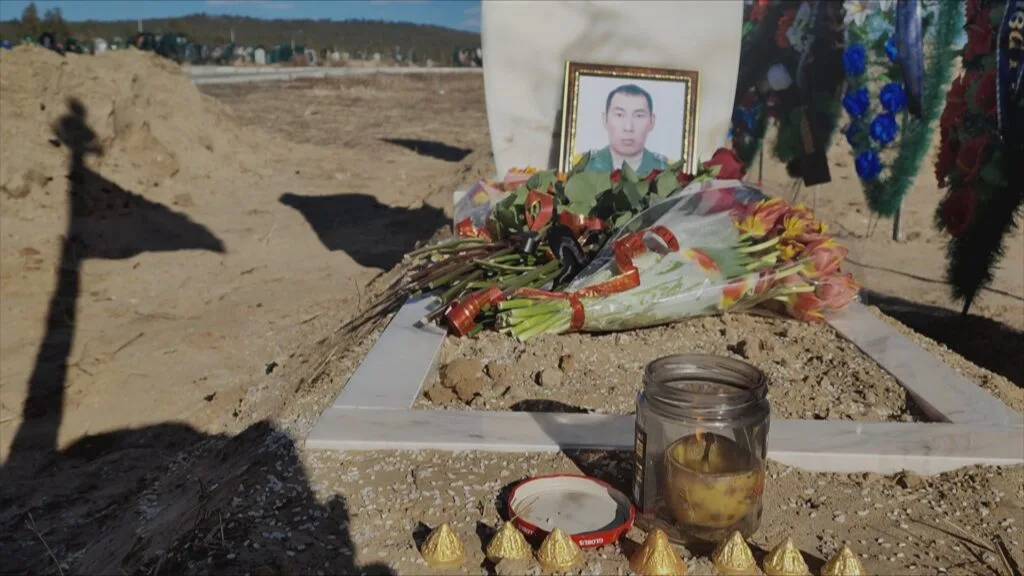Putin’s Crackdown on Dissent Inside Russia

December 1, 2022
In the new documentary Putin’s War at Home, FRONTLINE tells the stories of Russian activists and journalists defying Russian President Vladimir Putin’s crackdown on dissent, from a young woman documenting protests and propaganda on TikTok to a duo of reporters investigating the Ukraine war’s death toll among Russian soldiers.
Director Gesbeen Mohammad joins FRONTLINE’s executive producer and editor-in-chief, Raney Aronson-Rath, to discuss what it took to gather these stories — and what the documentary’s subjects risked by speaking out about the Ukraine war, including arrest and imprisonment.
“People were very, very afraid to speak to us,” Mohammad told FRONTLINE. “But I guess that’s what makes all of our interviewees and contributors so unique in their braveness.”
Putin’s War at Home is now streaming on FRONTLINE’s website, the PBS Video App and FRONTLINE’s YouTube channel.
Want to be notified every time a new podcast episode drops? Sign up for The FRONTLINE Dispatch newsletter.
Latest Documentaries
Explore
Policies
Teacher Center
Funding for FRONTLINE is provided through the support of PBS viewers and by the Corporation for Public Broadcasting, with major support from Ford Foundation. Additional funding is provided the Abrams Foundation, Park Foundation, John D. and Catherine T. MacArthur Foundation, Heising-Simons Foundation, and the FRONTLINE Trust, with major support from Jon and Jo Ann Hagler on behalf of the Jon L. Hagler Foundation, and additional support from Koo and Patricia Yuen. FRONTLINE is a registered trademark of WGBH Educational Foundation. Web Site Copyright ©1995-2025 WGBH Educational Foundation. PBS is a 501(c)(3) not-for-profit organization.



















